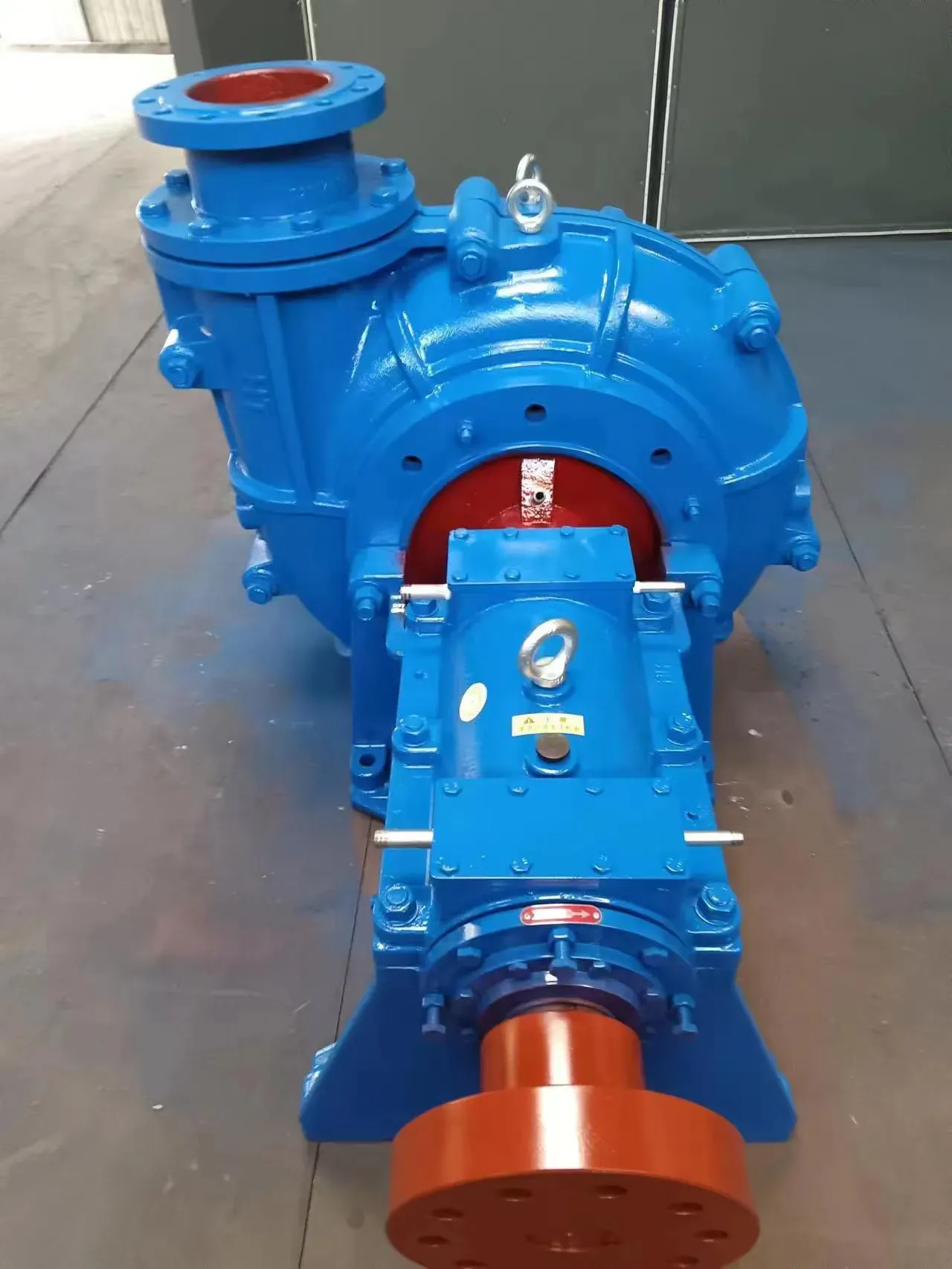Sesotho
- Afrikaans
- Albanian
- Amharic
- Arabic
- Armenian
- Azerbaijani
- Basque
- Belarusian
- Bengali
- Bosnian
- Bulgarian
- Catalan
- Cebuano
- Corsican
- Croatian
- Czech
- Danish
- Dutch
- English
- Esperanto
- Estonian
- Finnish
- French
- Frisian
- Galician
- Georgian
- German
- Greek
- Gujarati
- Haitian Creole
- hausa
- hawaiian
- Hebrew
- Hindi
- Miao
- Hungarian
- Icelandic
- igbo
- Indonesian
- irish
- Italian
- Japanese
- Javanese
- Kannada
- kazakh
- Khmer
- Rwandese
- Korean
- Kurdish
- Kyrgyz
- Lao
- Latin
- Latvian
- Lithuanian
- Luxembourgish
- Macedonian
- Malgashi
- Malay
- Malayalam
- Maltese
- Maori
- Marathi
- Mongolian
- Myanmar
- Nepali
- Norwegian
- Norwegian
- Occitan
- Pashto
- Persian
- Polish
- Portuguese
- Punjabi
- Romanian
- Russian
- Samoan
- Scottish Gaelic
- Serbian
- Sesotho
- Shona
- Sindhi
- Sinhala
- Slovak
- Slovenian
- Somali
- Spanish
- Sundanese
- Swahili
- Swedish
- Tagalog
- Tajik
- Tamil
- Tatar
- Telugu
- Thai
- Turkish
- Turkmen
- Ukrainian
- Urdu
- Uighur
- Uzbek
- Vietnamese
- Welsh
- Bantu
- Yiddish
- Yoruba
- Zulu
Telephone: +86 13120555503
Email: frank@cypump.com
Oct . 12, 2024 15:39 Back to list
screw pump centrifugal chemical pump
Understanding Screw Pumps and Centrifugal Chemical Pumps
When it comes to pumping fluids in various industrial applications, the choice of pump can substantially influence the efficiency and effectiveness of the process. Two prominent types of pumps utilized in chemical engineering are screw pumps and centrifugal pumps. Each of these pumps has distinct advantages and applications, making them suitable for different scenarios.
Screw Pumps
Screw pumps, also known as progressive cavity pumps, work by using one or more helical screws to move fluids. The operation of screw pumps is based on the principle of displacement, wherein the fluid is drawn into the pump through the inlet and is then moved along the screw threads towards the outlet. This mechanism allows for a consistent flow rate and is particularly effective for high-viscosity fluids, such as slurries or polymers.
One of the intrinsic benefits of screw pumps is their ability to handle products with varying properties without causing damage. They are gentle on the fluid, making them ideal for applications like food processing, pharmaceuticals, and chemical manufacturing, where shear sensitivity is a concern. Furthermore, screw pumps can operate efficiently at varying speeds and can handle fluid with solids, rendering them versatile for different types of chemical applications.
Centrifugal Pumps
In contrast, centrifugal pumps operate on a different mechanism. They use a rotating impeller to impart kinetic energy to the fluid, which is then converted into pressure energy as the fluid exits the pump through a discharge outlet. Centrifugal pumps are predominantly used for low-viscosity fluids, such as water and thinner chemical solutions. They are characterized by high flow rates and are often more efficient than screw pumps for applications that don't require positive displacement.
screw pump centrifugal chemical pump

Centrifugal pumps shine in scenarios where large volumes of fluid need to be moved quickly. They are commonly found in water and wastewater treatment, chemical processing, and oil and gas industries. However, they do have limitations – centrifugal pumps can struggle with high-viscosity or shear-sensitive fluids, leading to cavitation or inefficiencies.
Applications in Chemical Processes
The choice between screw pumps and centrifugal pumps in chemical processes depends on the specific requirements of the application. For instance, when dealing with highly viscous fluids or applications where a steady, non-pulsating flow is crucial, screw pumps are often preferred. They can also handle abrasive materials without damage, making them suitable for the transfer of slurry in mining operations or chemical formulations.
On the other hand, centrifugal pumps are typically chosen for their high flow rates and energy efficiency when pumping low-viscosity liquids. They are often employed in heat exchangers, cooling systems, and various chemical processing tasks that require quick movement of fluids over larger distances.
Conclusion
Both screw pumps and centrifugal pumps play vital roles in the chemical industry, each serving unique needs and applications. Understanding the principles of operation and specific advantages of each pump allows engineers and operators to select the most suitable pump for their processes, optimizing performance, ensuring safety, and enhancing productivity.
In summary, the choice between screw pumps and centrifugal chemical pumps hinges on fluid characteristics, application requirements, and operating conditions. By carefully evaluating these factors, industries can leverage the right pumping technology to achieve optimal results in their chemical processes. As technology advances, we can expect continuous improvements in pump design and efficiency, leading to better solutions for modern industrial challenges.
-
High-Performance Septic Tank Pumps for Reliable Wastewater Management
NewsJul.26,2025
-
High Efficiency Horizontal Split Case Pump for Industrial Use
NewsJul.25,2025
-
Flue Gas Desulfurization Pump for Efficient Chemical Processing
NewsJul.24,2025
-
High-Efficiency Axial Flow Pump for Water Transfer & Irrigation
NewsJul.23,2025
-
High-Efficiency Horizontal Split Case Pump for Industrial Use
NewsJul.22,2025
-
Reliable Septic Tank Pumps | Durable & Clog-Resistant
NewsJul.22,2025










